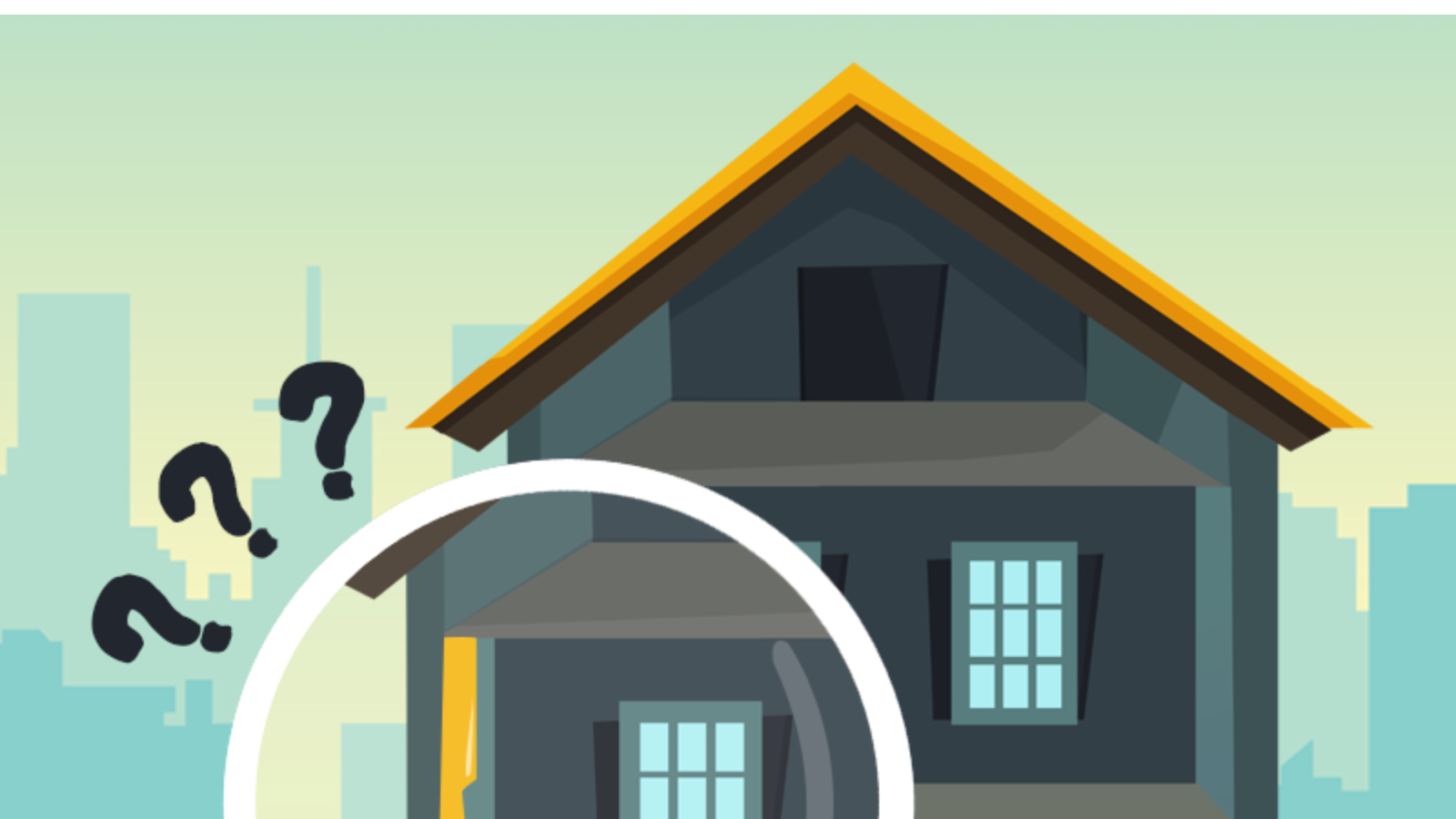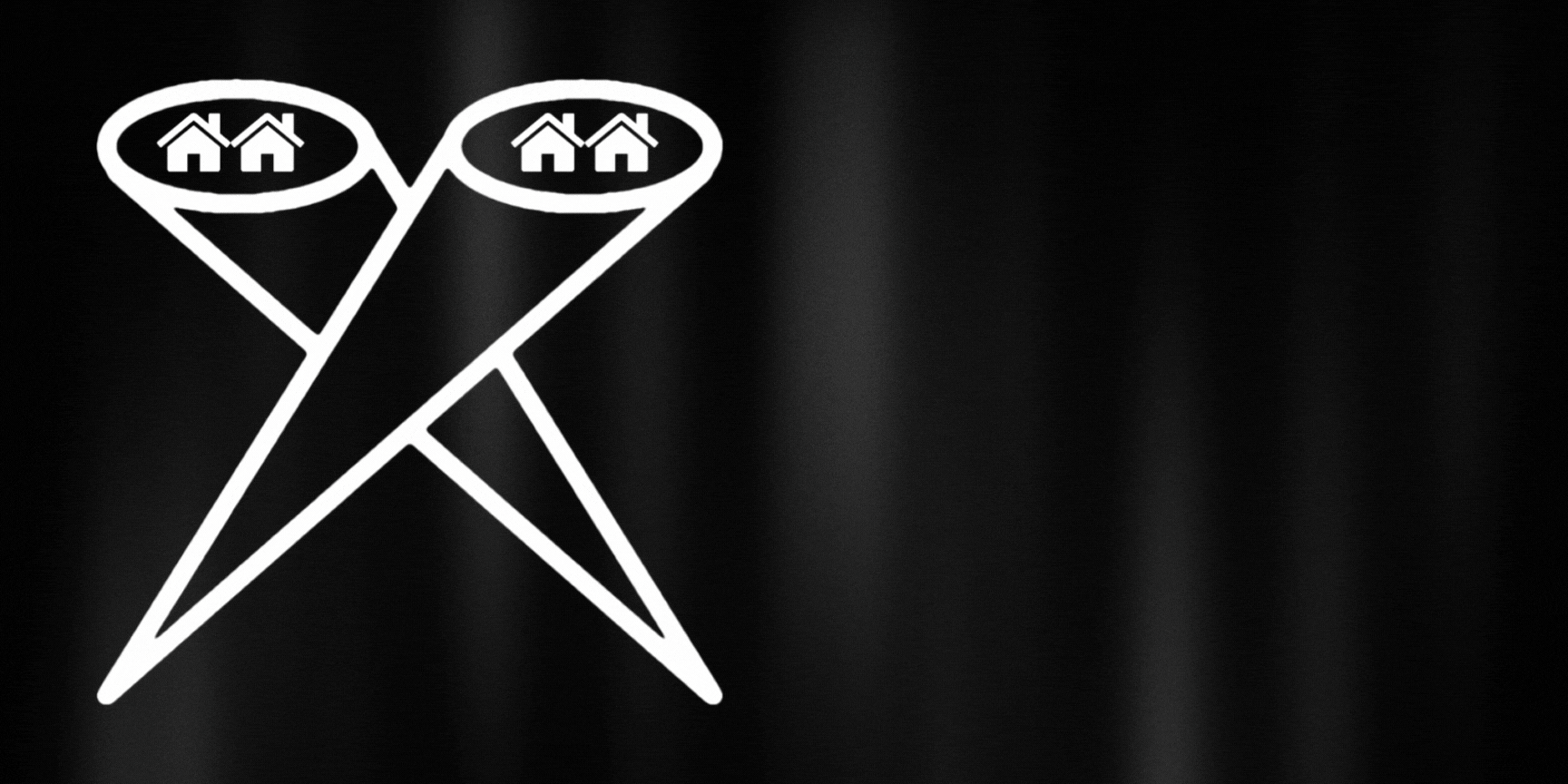If you’re considering buying a home in the Bay Area, you may have come across the idea of purchasing a fixer-upper. Buying a fixer-upper can be an exciting opportunity to create your dream home while potentially saving money. However, it’s crucial to ask yourself the right questions before diving into this type of investment. In this article, we’ll explore ten essential questions to help you evaluate whether a fixer-upper is the right choice for you in the Bay Area.
1. Is the Home’s Location Worth the Investment?
One of the first considerations when buying a fixer-upper in the Bay Area is the home’s location. Experts often recommend buying “the worst house on the best block” because homes in sought-after neighborhoods tend to appreciate in value. Before falling in love with a fixer-upper, research the neighborhood thoroughly. Consider factors such as proximity to public transit, nearby parks and attractions, and the quality of the local school district. If the location offers desirable amenities and potential for sustainable growth, it may be worth investing in a fixer-upper in that area.
2. What Types of Problems Need to Be Addressed?
Before purchasing a fixer-upper, it’s essential to assess the types of problems the house has. These problems can be divided into two categories: structural and cosmetic. Structural issues, such as foundation damage or major flaws in the roofing and siding, can be costly and dangerous to fix. Experts caution against buying a house with significant structural damage. On the other hand, cosmetic upgrades like peeling paint, cracked tiles, or outdated fixtures are less costly and can add value to the home. Assess the extent of the repairs needed and consider whether you’re equipped to handle them.
3. Does the Home Have a Desirable Configuration and Layout?
Apart from the necessary repairs, evaluate whether the fixer-upper has a desirable configuration and layout. Consider the number of bedrooms and bathrooms, the flow of the floor plan, and the potential for customization. If the house offers a unique layout or additional features not commonly found in the neighborhood, it may give you an advantage when it’s time to sell. Features like an extra bedroom, a kitchen with multiple entrances, or an open floor plan can make the home more appealing to potential buyers in the Bay Area.
4. Can Your Budget Accommodate the Total Costs?
Before committing to a fixer-upper, it’s crucial to create a comprehensive budget. Consider the renovation costs, including labor, supplies, and permits. Major repairs like a new roof, HVAC system, or foundation work should be estimated to determine if they fall within your budget. For cosmetic upgrades and DIY projects, research the cost of materials and factor them into your budget. Additionally, be aware of the cost of obtaining permits from local authorities. Failing to secure necessary permits can lead to legal and financial consequences. Make sure your budget covers all necessary expenses to avoid any financial surprises.
5. Can You Handle the Disruption?
Renovating a fixer-upper requires a significant investment of time and effort. Consider whether you have the time and willingness to commit to such a project. Keep in mind that obtaining licenses and permits can take longer than anticipated, and unexpected issues may cause delays. Assess your patience and emotional energy, as each repair project may test your endurance. Understand that the process might disrupt your daily life, and be prepared to handle the challenges that come with it.
6. Can You Take on DIY Projects?
One advantage of buying a fixer-upper is the opportunity to save money by tackling some projects yourself. Assess your skills and willingness to take on DIY tasks. While certain projects, such as electrical or plumbing work, require professional assistance, there are many cosmetic upgrades you can learn and do on your own. Painting, changing lighting fixtures, laying tile, or removing wallpaper are examples of tasks that can be DIY projects. By doing some of the work yourself, you can increase your home’s value and allocate your budget towards high-quality materials instead of labor costs.
7. Can You Access Home Improvement Loans or Programs?
Financing a fixer-upper can be challenging, but there are home improvement loans and programs available. Research options such as the FHA 203(k) loan, the Fannie Mae HomeStyle loan, or the Section 504 Home Repair program. Each loan program has its own standards and eligibility requirements. For example, the FHA 203(k) loan allows for a low down payment and can cover major issues like structural damage and plumbing replacement. Before applying for any loan, ensure you understand the pros and cons of each program and get pre-approved to make the process smoother.
8. Are You Prepared for the Work Involved?
Taking on a fixer-upper requires a realistic understanding of the work involved. Renovating a home is a significant undertaking that can consume your time, effort, and even your sanity. Be prepared to invest in the necessary effort to transform the property. Once you commit to a fixer-upper, there is no turning back. However, for the right buyer, the challenge of turning an “ugly duckling” into a beautiful swan can be well worth the effort and can result in living in your dream home while potentially making a significant profit upon selling.
9. Have You Considered Hiring Professionals?
While DIY projects can save money, there are instances where hiring professionals is necessary. Electrical, plumbing, and structural work often require skilled contractors. Assess your ability to handle these tasks on your own and determine when it’s best to hire professionals. Hiring experts ensures that the repairs are done correctly and safely, reducing the risk of future problems or hazards in the home. Strike a balance between DIY projects and professional assistance to maximize the value and safety of your fixer-upper.
10. Are You Willing to Embrace the Journey?
Lastly, buying a fixer-upper is a journey that requires patience and resilience. Understand that the process might not always be smooth, and unexpected challenges may arise. Embrace the journey and view it as an opportunity for personal growth and accomplishment. With the right mindset, a fixer-upper can become a labor of love that results in a home you’re proud of and that brings you joy for years to come.
Conclusion
Buying a fixer-upper in the Bay Area can be an exciting adventure, but it’s essential to ask the right questions before making a commitment. Evaluate the location, the extent of repairs needed, the home’s layout, and your budget. Consider your ability to handle disruption, take on DIY projects, and access financing options. Understand the work involved and be prepared to hire professionals when necessary. Lastly, embrace the journey and view it as an opportunity for personal growth. By asking these ten questions and making informed decisions, you can transform a fixer-upper into your dream home in the Bay Area.





